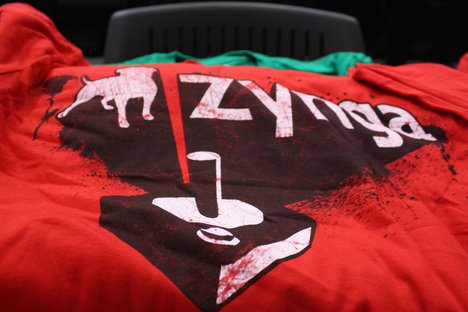 Zynga’s recent upper management shakeup has certainly grabbed the attention of the technology blogosphere. The troubled game publisher announced that several executives would be leaving the company earlier this week, with a large-scale staff shakeup seeing 13 executives report directly to Zynga’s new CEO.
Zynga’s recent upper management shakeup has certainly grabbed the attention of the technology blogosphere. The troubled game publisher announced that several executives would be leaving the company earlier this week, with a large-scale staff shakeup seeing 13 executives report directly to Zynga’s new CEO.
The new CEO is, of course, former Microsoft executive Don Mattrick. Tasked with a difficult job – returning the troubled game publisher to its former position of total online gaming dominance – Zynga’s new CEO is making big changes, but are the big changes exactly what the company needs?
Zynga’s early success may have been rewritten as innovation and forward-thinking game industry know-how, but the reality is a little different. Aiming to develop a hit game for Facebook, Zynga turned to existing social games, using them as inspiration for its biggest game to date – FarmVille.
Since the success of FarmVille, Zynga’s largely expanded its network of ‘Ville’-style games. CastleVille and CoasterVille have joined its portfolio, as well as ChefVille – a cooking game aimed at social media users. The titles are familiar and the content is certainly eye-catching, but are the games as successful as their predecessors?
For the most part, the answer appears to be a resounding ‘no’. Zynga’s early success, which led to the social game publisher contributing a huge amount of impressions to Facebook’s at-the-time new advertising platform, may have been its greatest error – a level of success that, for the worst, set the standard for all future games.
Given its $10 IPO share price, it seems that Zynga may have fallen victim to one of the technology sector’s biggest errors – a bubble-like valuation that was based not on its long-term success stories and sustainable revenue, but on an early success that distorted its view of what’s possible over the long term.





